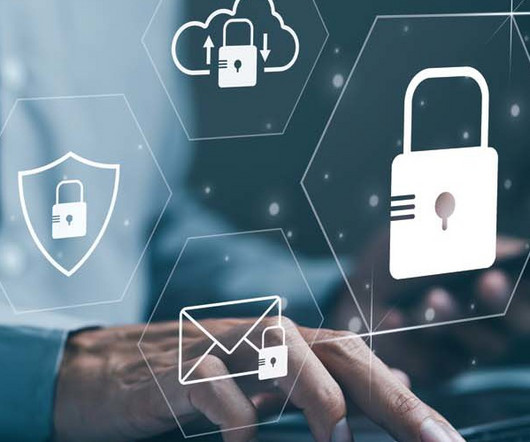Approaching Zero Trust? Maximize the Tools You Already Have
EdTech Magazine - Higher Education
APRIL 11, 2024
It presumes that higher education institutions must make costly financial investments in newfangled security products in order to protect themselves from the scourge of cybercrime. Very little of that is true.













Let's personalize your content